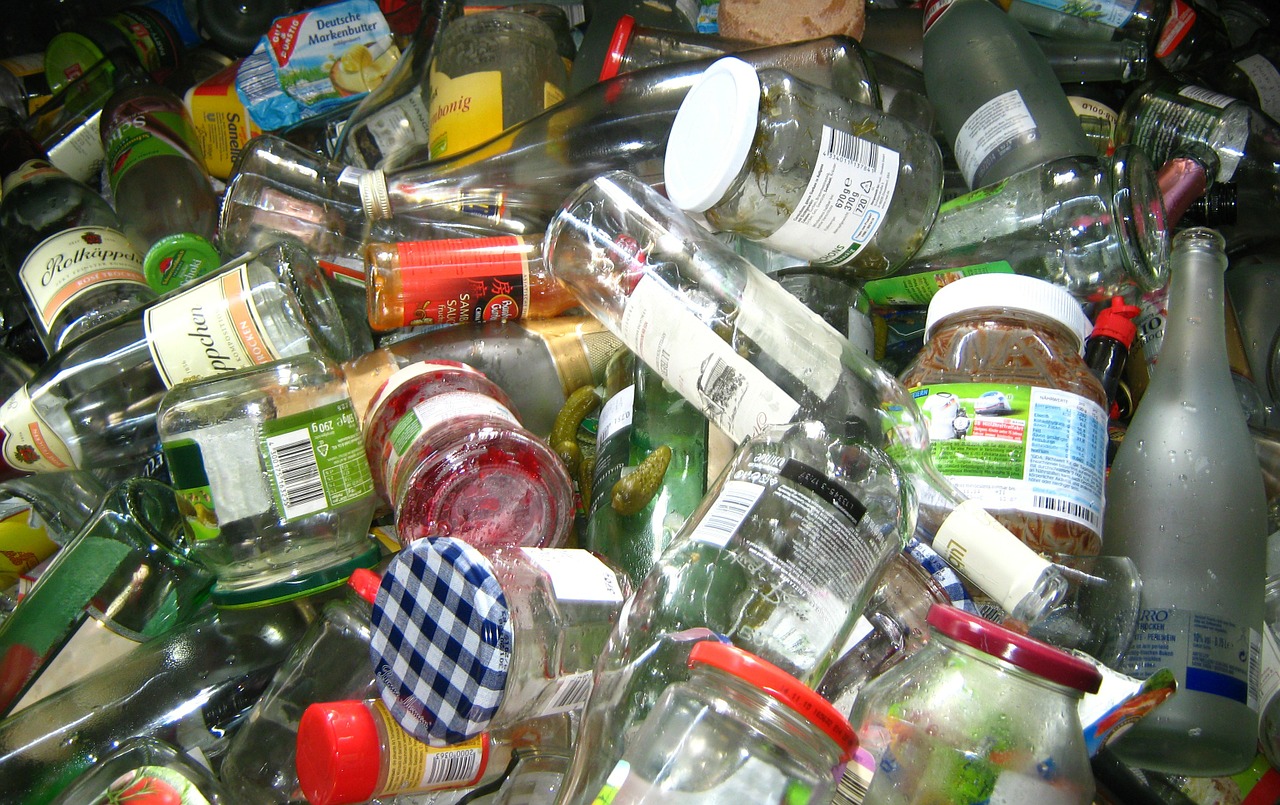Following the invasion of Ukraine by Russia, countries around the world have reacted by putting heavy sanctions on Russia as well as many oligarchs. These sanctions have caused many ripples across the global economy, with businesses and manufacturers feeling the pinch. The Russian sanctions were put in place to try and pressure Russia into withdrawing from Ukraine. However, up till now Russia has shown no signs of backing down, meaning that the sanctions are likely to continue for the foreseeable future. This is bad news for manufacturers, as Russia is a large market for many products.
The Russian sanctions have led to a decrease in demand for many manufactured goods. This is because Russia is no longer able to import or export as much as it used to. This has hit manufacturers hard, as they are now facing lower sales and revenue. Manufacturers will also be hit by higher costs. This is because the Russian sanctions have made it more difficult to source materials from Russia. This is likely to lead to an increase in the price of goods, which will be passed on to consumers.
The best way for manufacturers to deal with the Russian sanctions is to diversify their customer base. This will help them to minimize the impact of the sanctions and protect their businesses from any further fallout from the crisis in Ukraine.
Diversifying your customer base can be a difficult task, but it is essential for manufacturers who want to survive in the current climate. Many manufacturers are already looking to do this, and it is likely that more will follow suit in the coming months.
Besides that, there are other ways businesses may be able to reduce their costs. One method could be to look for cheaper sources of raw materials. It may also be a good time to seek out alternative materials that can be used to replace those sourced from Russia. One way that manufacturers can try and offset the losses caused by the sanctions is by using recycled materials. This is because recycled materials are often cheaper than new materials, meaning that manufacturers can save money.
Additionally, using recycled materials is also better for the environment, as it reduces the amount of waste that goes to landfills. There are many different types of recycled materials that can be used in manufacturing, including paper, plastic, metal and glass.
Recycled paper can be used to make things such as packaging and insulation, while recycled plastic can be used to create car parts and toys. Recycled metal can be used to create jewelry and other products, while recycled glass can be used to make bottles and windows.
This list is far from exhaustive, so it’s worth searching around since there are a large number of products that are made using recycled materials. This is something that businesses could look into as a way to reduce their costs and at the same time opting for more eco-friendly options. There are also ways to reduce costs via technology.
For manufacturers, there are resource planning programs like Katana MRP that can help streamline the whole production from ordering to delivery. These can free up a lot of time for workers which can then be used to be more productive in other ways and to help out with changes needed to adapt to the new processes.
The Russian sanctions are likely to have a long-lasting impact on the global economy. Manufacturers across the world will need to find ways to adapt in order to survive in this new climate. Diversifying your customer base and looking for cheaper sources of raw materials are just some of the ways that businesses can cope with the Russian sanctions. Technology can also play a role in helping manufacturers to reduce their costs and become more efficient. The Russian sanctions are likely to be a challenge for manufacturers, but those who are able to adapt will be able to weather the storm.







Click here to change your cookie preferences